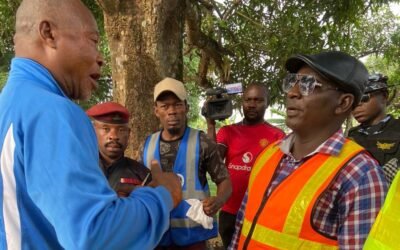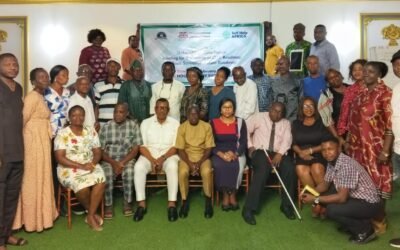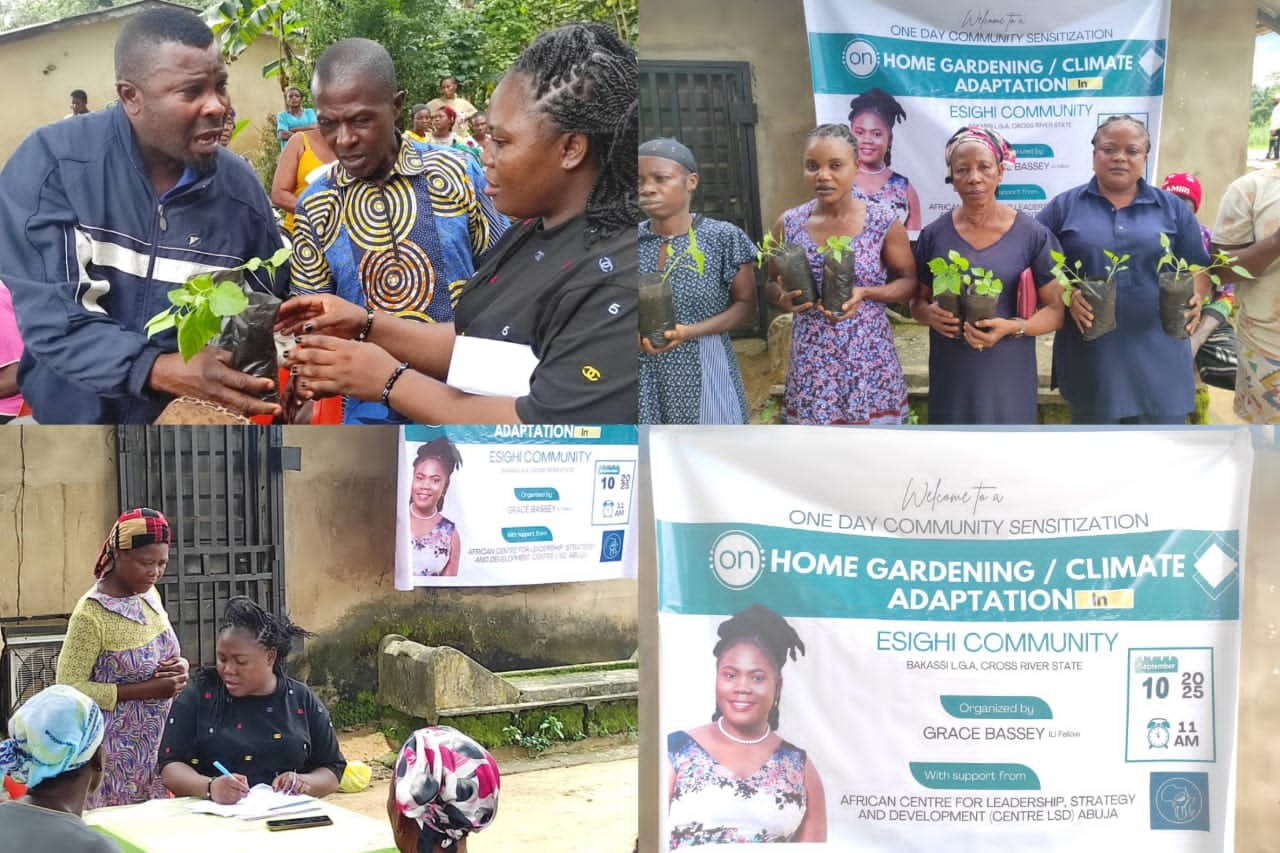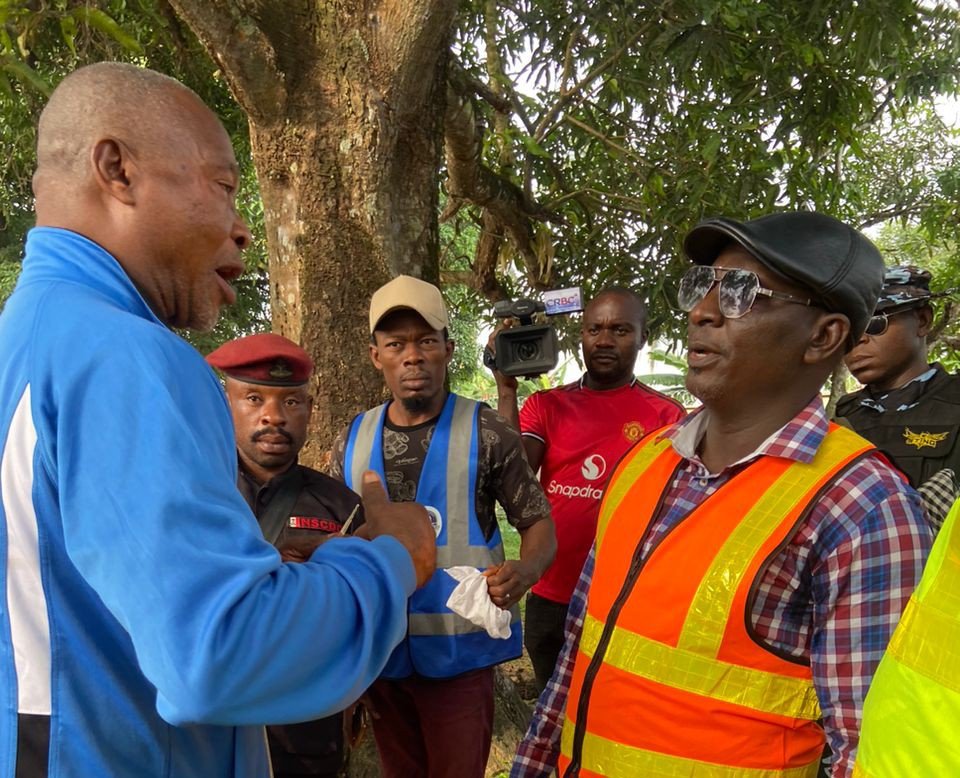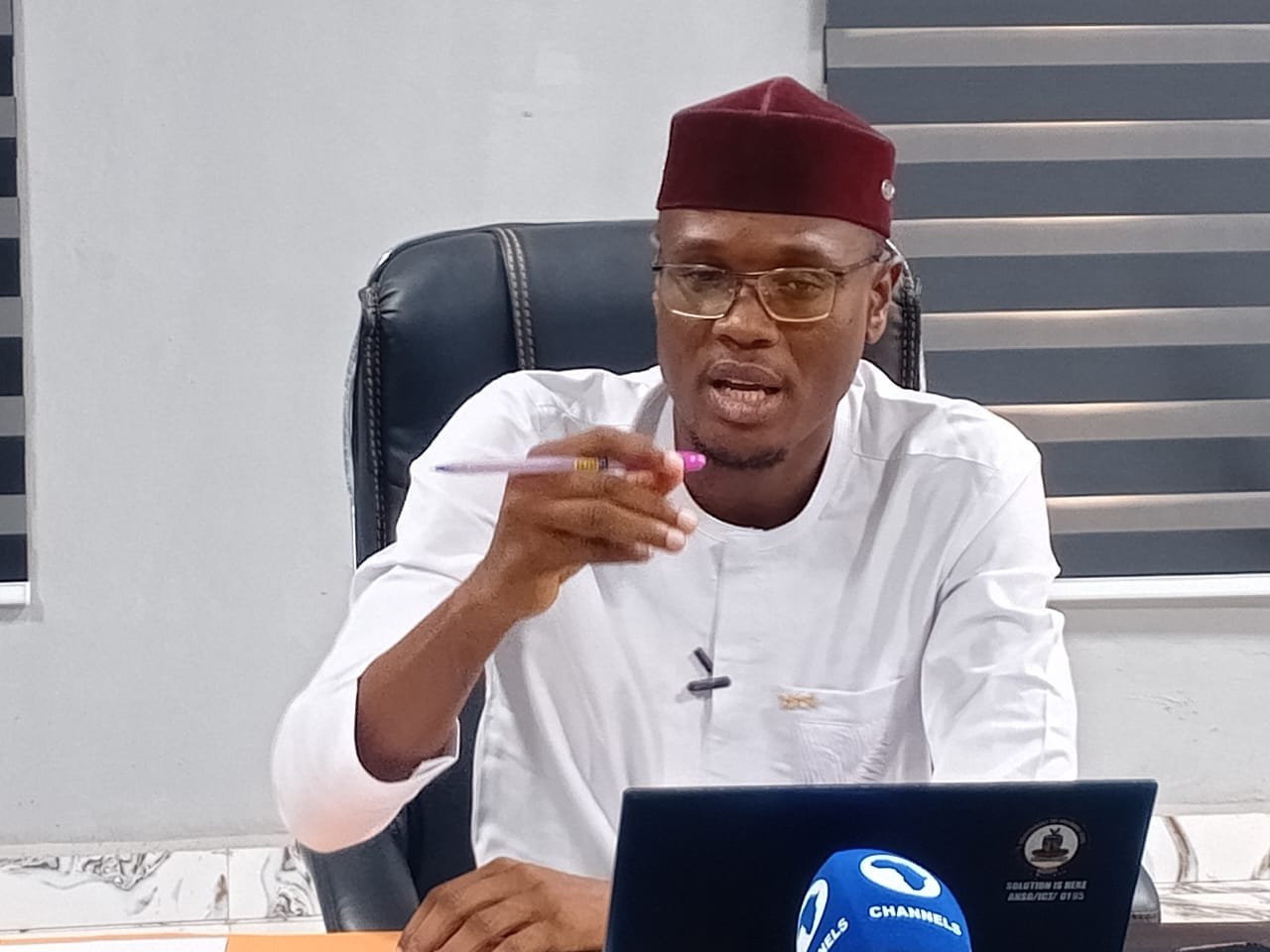…Esighi Community Sensitized on Climate-Smart Agriculture as Women Adopt Home Gardening
Grace Bassey, an Intersectional Leadership Incubation (ILI) Fellow with the African Centre for Leadership, Strategy and Development (Centre LSD), has flagged off a climate adaptation sensitisation campaign in Esighi community, Bakassi Local Government Area of Cross River state. The initiative, which emphasises household gardening and organic farming, is designed to strengthen resilience against food insecurity and the harsh impacts of climate change it has been garnered.
Speaking at the event, ILI Fellow Bassey said the project was borne out of her fellowship work under Centre LSD and is focused on equipping vulnerable communities with practical strategies to survive in an increasingly unstable climate. “Climate change is not a distant conversation—it is already shaping our reality. Our goal is to help Esighi and other communities adapt through home-based food systems that are affordable, sustainable and environmentally friendly,” she explained.
The sensitisation also touched on the growing nexus between climate change and security in Bakassi, where fragile livelihoods and environmental degradation often fuel tension. Bassey noted that as farmlands shrink and crop yields fall, communities face heightened risks of conflict, displacement, and hunger. “When food is scarce, the fight for survival becomes desperate. But when families can grow their own vegetables and sustain themselves, it reduces pressure and insecurity,” she added.
To guide participants through the technical aspects of the programme, Mr. Joseph Edet Ekpo from the Cross River Agricultural Development Project (CRADP) served as a facilitator, demonstrating how households can create organic manure from locally available materials. He warned that the overuse of chemical fertilisers has damaged soils, polluted water bodies, and worsened environmental hazards. “Organic alternatives are safer, cheaper, and help the soil to recover. If adopted widely, this will not only improve yields but also protect the environment from further harm,” Ekpo explained.
Similarly, Comr. Ukeme Ekong of Onyx Community and Development Foundation another facilitator who spoke on the myth and facts of organic manure, focused on the practicalities of home gardening and community-level adaptation. According to her “it is a myth to say organic manure alone is enough for high crop yields.” However, she noted that “while it enriches the soil, manure may not supply all the nutrients crops need in large quantities, Farmers often combine it with compost, crop residues, or small amounts of inorganic fertilizer for best results.”
She told participants that self-reliance in food production is a critical response to the rising cost of food in the markets. “Right now, a cup of pepper goes for as high as ₦2,500. Families cannot survive under this pressure. But with household gardens, you cut down costs, feed your family, and even generate surplus for sale,” he said.
The security angle resonated with Esighi residents, many of whom lamented the double burden of climate-induced hardship and social tension in Bakassi. They acknowledged that climate-smart farming could reduce the triggers of conflict, especially among the youth. One community elder observed that food insecurity often drives young men into illicit activities, noting that empowering households with alternatives is a step toward peace.
Particularly, one of the participants Madam Eyo Eyo Otu in her remarks, described food security as “a matter of survival for Bakassi communities especially Esighi Clan comprising 18 villages,” adding that projects such as Bassey’s are crucial in cushioning the impact of climate shocks. “We cannot leave our communities at the mercy of rising food prices and depleted farmlands. Every intervention that empowers families to produce food sustainably is welcome and deserves support,” Otu declared.
Bassey pledged continued technical guidance to communities, stressing that adaptation is a long-term process requiring persistence and collective buy-in. “This is not a quick fix. But if every family adopts just one or two of the practices shared today, we will see a transformation in household food security within a year,” she predicted.
Residents of Esighi expressed optimism that with Bassey’s initiative and the support of experts, they can begin to secure their food needs, reduce insecurity, and inspire other localities to follow suit.

